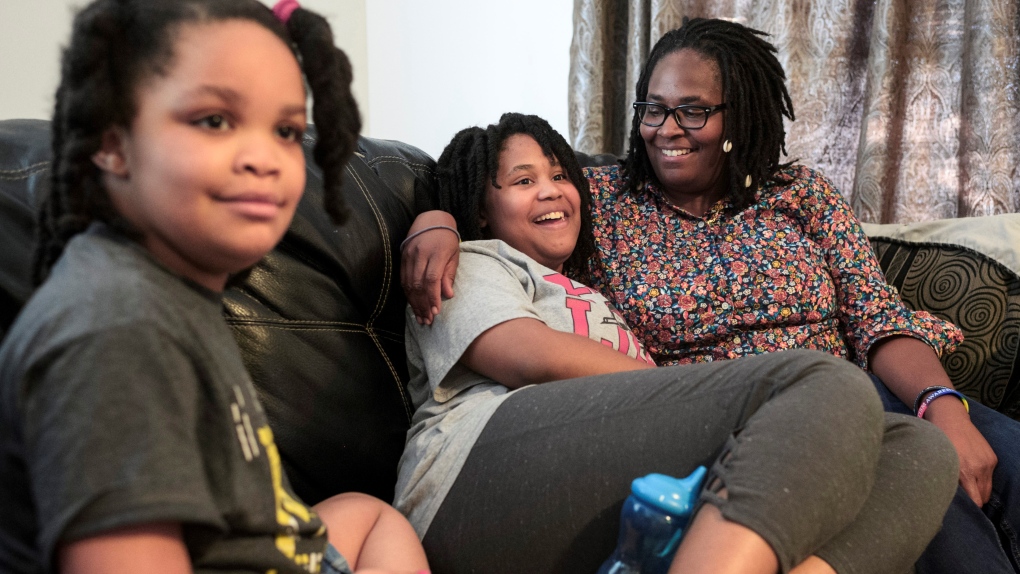
Autism now more common among Black, Hispanic kids in U.S.
CTV
For the first time, autism is being diagnosed more frequently in Black and Hispanic children than in white kids in the U.S., the Centers for Disease Control and Prevention said Thursday.
For the first time, autism is being diagnosed more frequently in Black and Hispanic children than in white kids in the U.S., the Centers for Disease Control and Prevention said Thursday.
Among all U.S. 8-year-olds, 1 in 36 had autism in 2020, the CDC estimated. That's up from 1 in 44 two years earlier.
But the rate rose faster for children of colour than for white kids. The new estimates suggest that about 3% of Black, Hispanic and Asian or Pacific Islander children have an autism diagnosis, compared with about 2% of white kids.
That's a contrast to the past, when autism was most commonly diagnosed in white kids -- usually in middle- or upper-income families with the means to go to autism specialists. As recently as 2010, white kids were deemed 30% more likely to be diagnosed with autism than Black children and 50% more likely than Hispanic children.
Experts attributed the change to improved screening and autism services for all kids, and to increased awareness and advocacy for Black and Hispanic families.
The increase is from "this rush to catch up," said David Mandell, a University of Pennsylvania psychiatry professor.
Still, it's not clear that Black and Hispanic children with autism are being helped as much as their white counterparts. A study published in January found that found Black and Hispanic kids had less access to autism services than white children during the 2017-2018 academic year.
